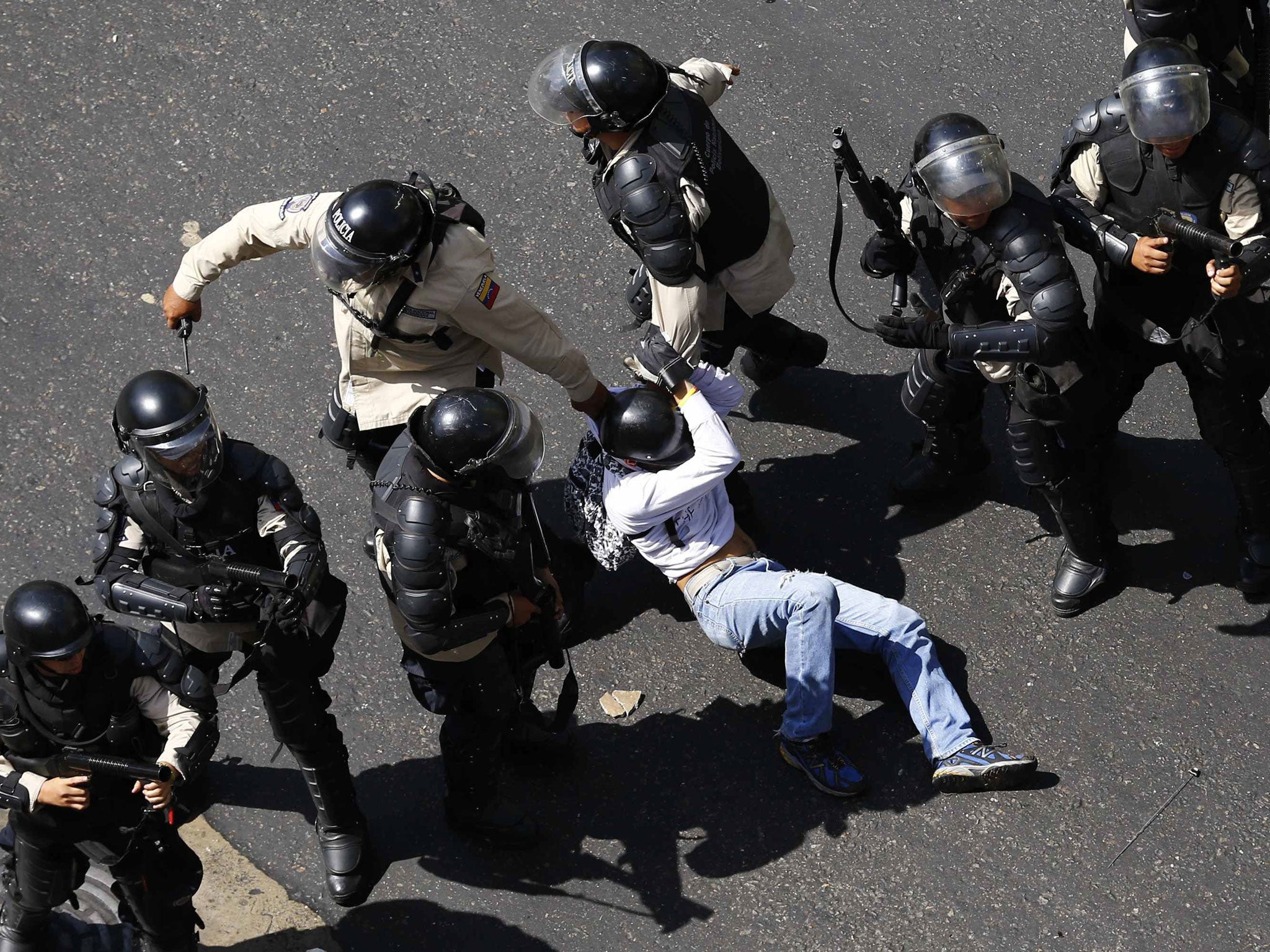Venezuela: In a country so divided, peace is just a dream

Is this latest violence Hugo Chavez’s legacy? Absolutely. The controversial, charismatic and radical former leader of oil-rich Venezuela and the so-called Social Revolution left hatred and resentment in its people’s hearts.
During his 13 years of power, the country became deeply politically polarised. His speeches incited violence and glorified dictatorial regimes, such as Cuba. But why are these anti-government demonstrations occurring now? Social unrest simmers beneath the surface, and it isn’t just the rich who are affected. Regardless of your bank account and political preference, the entire country lives in fear. Caracas is the most dangerous city in the world; a person is murdered every 21 minutes and kidnapping is a thriving business.
The country is beset by shortages of essentials such as food, milk and toilet paper. Venezuela has 500,000 unemployed young people and suffers from the highest inflation rate in the region – at 56.2 per cent in 2013.
The opposition was galvanised by the presidential elections that made Nicolas Maduro Chavez’s successor. The results were the closest ever in Venezuela’s history, with Maduro winning by less than 1.5 percentage points.
Following Wednesday’s protests Maduro said: “There will be no coup d’etat in Venezuela, you can be absolutely sure of that.” In 2002, as a student in Venezuela, I joined a mass protest. The consequences were similar. Armed men, pro-government, fired their guns at the opposition protesters. Many were killed; however, the killers remain free. Twelve years later, the story repeats itself.
What happens now? The reactivation of a new student movement and the consolidation of a new leadership in the opposition. Jesus Armas, member of the opposition party, said: “We need to convince Chavistas – Government supporters – of our promises.”
Reconciliation is the best way to bring peace back to Venezuela but in such a polarised country, this is just a dream.
Join our commenting forum
Join thought-provoking conversations, follow other Independent readers and see their replies
0Comments